Claus von Boro
Nacimiento : 1918-01-01, Berlin, Germany

Editor

Editor
An intriguing Hans Christian Anderson-style fairy tale aesthetic and voice over narration. Sudden Wealth is a despairing chronicle of a group of starving peasants who finally seize governmental wealth like a dysfunctional group of Robin Hood's Merry Men, only to be betrayed by their inescapable selves and systematically dehumanized (think bucolic Orwell) and reprogrammed by what we'll put under the rubric of God and Country.

Editor
Época Medieval. Kohlhaas comercia con caballos. Al ir a la feria local para vender sus caballos, se ve obligado por un noble a que le deje parte de la mercancía como medio de pago para viajar por su territorio, con la promesa de devolverlo cuando la feria se haya terminado. Cuando regresa, los caballos están casi muertos, y el hombre no responde, por lo Kohlhass comienza a luchar infructuosamente contra la injusticia.
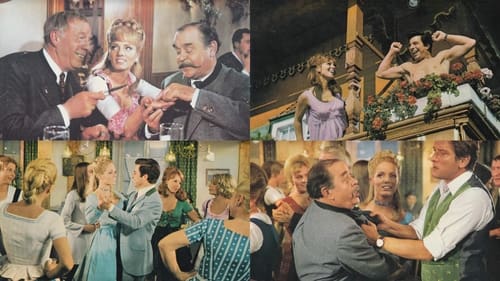
Editor
The new waitress at the Gasthof zur Post is an object of desire for all men in the village.
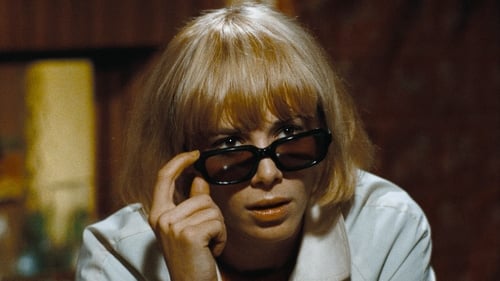
Editor
Durante una discusión, la mujer mata accidentalmente a su pareja. Temerosa de las consecuencias por lo que acaba de hacer, decide esconder el cadáver en un lugar donde espera que nunca sea descubierto. Le ayudan dos desconocidos sin muchos escrúpulos, que acabarán intimando con la joven.

Editor
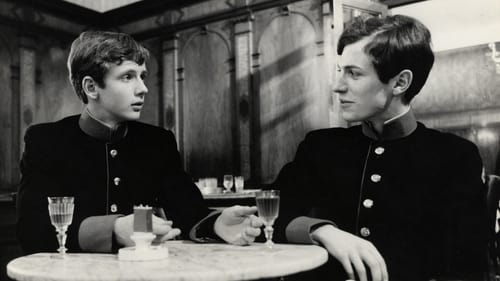
Editor
Indagación acerca de los males que generaron el nazismo, a través de unos jóvenes en un internado. Narra cómo a través de sus vivencias en un instituto militar del Imperio Austro-Húngaro, el adolescente Törless se ve confrontado a la sexualidad, la homosexualidad, la crueldad, el sadismo y el victimismo, la moralidad y la conciencia, y cómo intenta un análisis racional de los hechos.
El director Volker Schlöndorff realizó en 1966 El joven Törless, adaptación de la novela. Era su primera película, tras haber sido asistente de directores como Alain Resnais, Louis Malle y Melville. Esta película recibió el premio FIPRESCI en el Festival de Cannes así como los Premios del Cine Alemán de mejor película, guion y director y convirtiéndose en uno de los puntales, junto a Fassbinder o Herzog, del nuevo cine alemán.

Editor
A music comedy directed by Dietrich Haugk based on the play by Gotthold Ephraim Lessing.
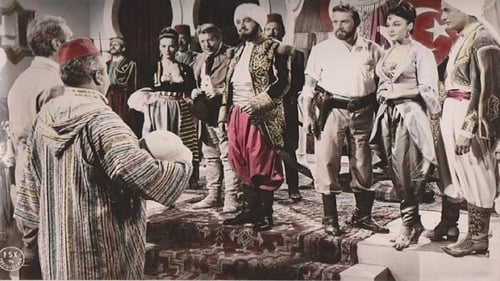
Script Supervisor
En las ruinas de Bis Nim Rub, en Babilonia, tiene su guarida una banda de contrabandistas. Hacia allí se dirige Kara Ben Nemsi y su fiel amigo. Una noche, al acampar, sorprenden a tres contrabandistas que, tras una disputada lucha, logran reducirlos y se apoderan de las sortijas que son su distintivo. Después se dirigen a Bagdad y allí, un personaje que lleva un anillo de contrabandista, ve el que lleva Kara, y le confunde con uno de la banda.

Editor
En las ruinas de Bis Nim Rub, en Babilonia, tiene su guarida una banda de contrabandistas. Hacia allí se dirige Kara Ben Nemsi y su fiel amigo. Una noche, al acampar, sorprenden a tres contrabandistas que, tras una disputada lucha, logran reducirlos y se apoderan de las sortijas que son su distintivo. Después se dirigen a Bagdad y allí, un personaje que lleva un anillo de contrabandista, ve el que lleva Kara, y le confunde con uno de la banda.

Editor
Kara Ben Nemsi se reúne en el desierto con sus compañeros Albert y Lindsay quienes, poco después, son hechos prisioneros por los traficantes de esclavos que piensan pedir un fuerte rescate por ellos.
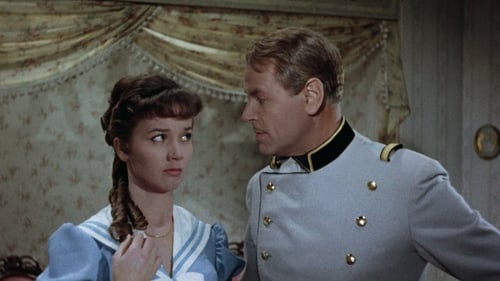
Editor
1865: Swiss captain Bluntschli fights as mercenary in the war between Bulgaria and Serbia. When his group's attacked by a few Bulgarian troopers, he learns that he's got the wrong ammunition for his cannon and has to flee. His flight leads him right into the bedroom of his enemy's fiancée.

Editor
Countess Franziska "is kidnapped" by a band of robbers. However, her father is not willing to pay the ransom so Franziska changes sides.

Editor
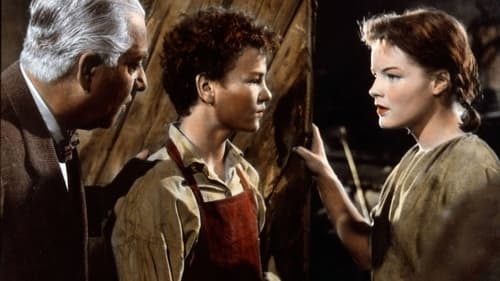
Editor
London, in 1730. Charly, Jim and Ben work hard, with the brave Maud, in a cotton mill to earn a few shillings. They all dream of the wonderful island told by Daniel Defoe. The latter lives in a miserable room. He is disgraced and rejected by his son Tom, a scoundrel who blames his father for losing his position at the Court ...

Editor
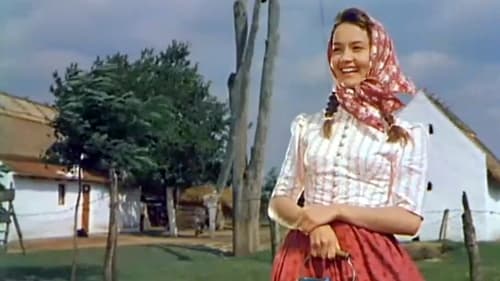
Editor
Andreas, a young German student comes to Hungary on an exchange programme. In the Hungarian village he falls in love with the stationmaster's daughter Piroschka and spends much of his time with her. They have an enchanting summer until Andreas gets an invitation to join another young woman at a nearby resort. Piroschka is jealous and follows him there, causing trouble. It takes a long time for Andreas and Piroschka to even talk to each other again. When Andreas has to leave Hungary at the end of his holiday, he is determined to return some day.

Assistant Director

Editor
An American heiress in Europe falls in love with a German prince, but he is required to marry someone else for reasons of state convenience.

Editor
As Long as You're Near Me (German: Solange Du da bist) is a 1953 West German drama film directed by Harald Braun. It was entered into the 1954 Cannes Film Festival.

Editor
A man, in need of money and too lazy to work for a living, marries a plain but rich girl in the knowledge that she is ill and has not long to live.
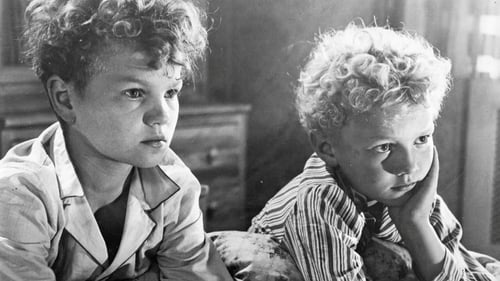
Editor
A widowed father advertises for a new maid, but his children secretly seek a woman to be his new wife.

Editor
Directed by Harald Braun and told from the perspective of Bertha von Suttner, the first female to receive the Nobel Peace Prize, The Alfred Nobel Story - No Greater Love chronicles the life of scientist, inventor, and businessman Alfred Nobel. Nobel built a massive fortune throughout his life, and while much if it was amassed by his inventions--dynamite being perhaps the most notable--he was also revered for his discoveries within the fields of science and economics. Upon his death, Nobel decided that his fortune was simply too great to continue in the form of an inheritance or single charitable donation, opting instead to use the money as reward for the greatest contributors to physics, chemistry, medicine, literature, and, of course, peace.

Editor
Two out of work musicians put on drag to get work in an all girl band. Inevitable comical romantic complications ensue.















